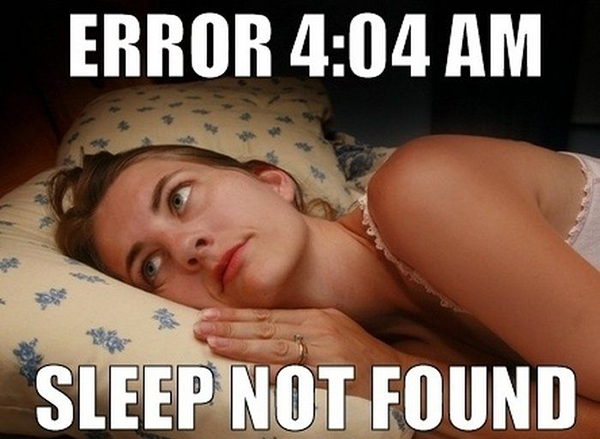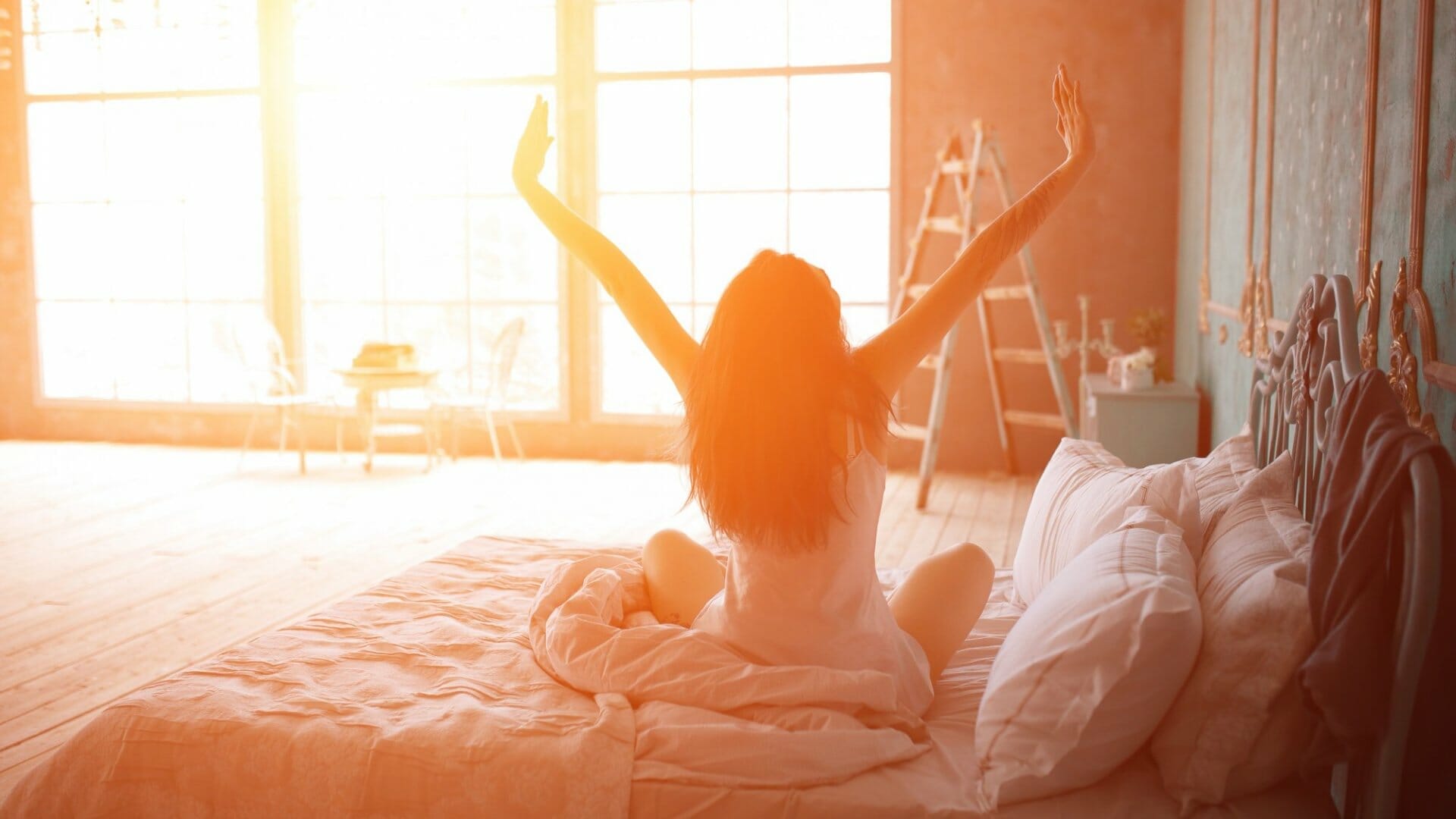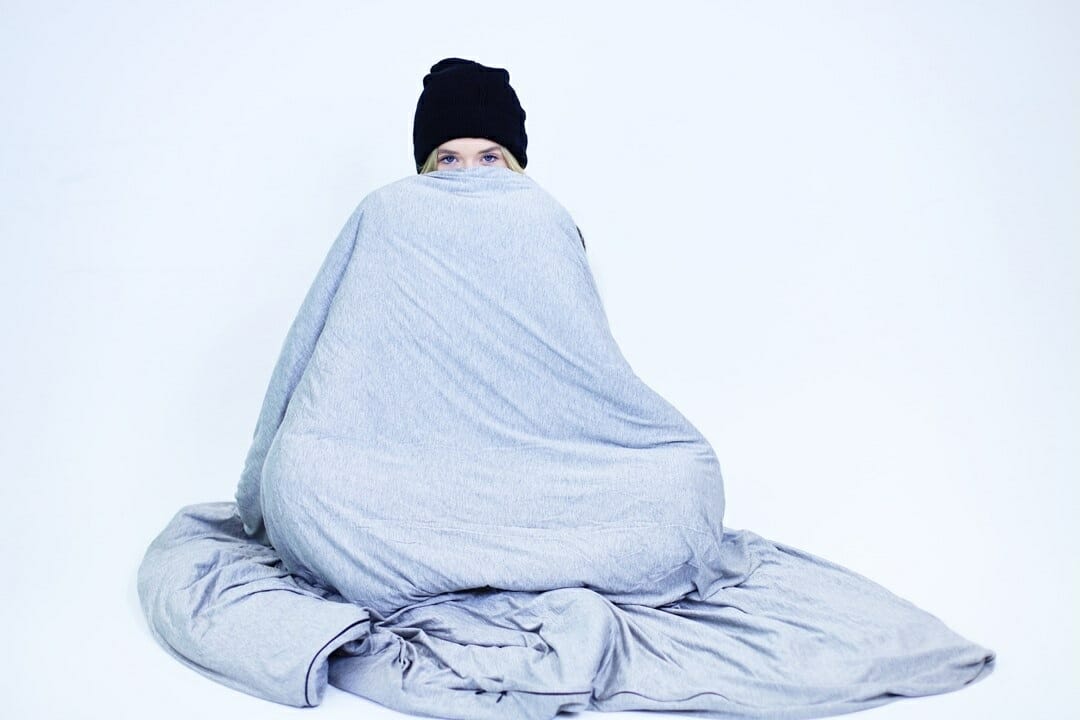Have you always struggled waking up early in the morning? That no matter how many alarms you prepare in the middle of the night, you just can’t muster up the strength to get up in the morning? They say early to bed and early to rise is the way to go, then why is it so hard to do it? Well, maybe waking up early in the morning isn’t cut out for you–and according to science, being a morning person can be biologically impossible for some people.

Source: Giphy
Here’s how it works.
Your sleep cycle is primarily regulated by circadian clocks that drive synchronous fluctuations in hormone levels. Humans have several of these, but we only understand the main one that is found in your hypothalamus–near the base of your brain.
Our eyes have specialized photosensitive cells which reach back to our hypothalamus. Whenever light touches our eyes, these cells will alert the hypothalamus. The hypothalamus will then decide whether it’s daytime based on a 24-hour cycle. When your hypothalamus then decides that it’s night time, it will send a message to your pineal gland to secrete melatonin. Melatonin will then make you sleepy.

Source: Alarm Clock Blog
Artificial light at night can confuse your hypothalamus. It can make your hypothalamus think that it could be off by a couple of hours. So it will adjust by making you sleep longer in the morning. There are some people a who also often shut out the morning light with curtains, and therefore confuse their hypothalami more. During that night, your hypothalamus will then stick to its new schedule, so you will get sleepy further off, and so you keep the lights on longer at night–and your hypothalamus will shift your cycle once more.
In experiments wherein people are kept away from natural lighting, they were able to maintain a circadian rhythm about 20 minutes too long. This shows that our natural clock isn’t that reliable since it depends too much on natural lighting to keep it accurate.
Also, did you know that circadian clocks also decreases one’s heart rate, lower your core body temperature and lower your cortisol or stress hormone. In addition to that, recent research have shown that screwing up your circadian clock disrupts the function of over 1500 genes.

Source: Giphy
Research suggests that modern sleep patterns are highly unnatural and is a result from the prevalence of artificial lighting and chronic sleep deprivation.
And lastly, there is a genetic component whether you’re an ‘early bird’ or a ‘night owl’, and brain imaging studies have seen the difference between these groups. Night owls are more prone to depression, drug use and insomnia. However, they are better at reasoning, they are more productive, wealthier, and more professionally successful. So if you’re a night owl that is surrounded by early birds, don’t let them push you into a cycle that doesn’t suit your physiology. Keep your circadian rhythm stable and get enough sleep overall are what’s most important, not the time you go to bed.

Source: Giphy
Article Source:
INC














